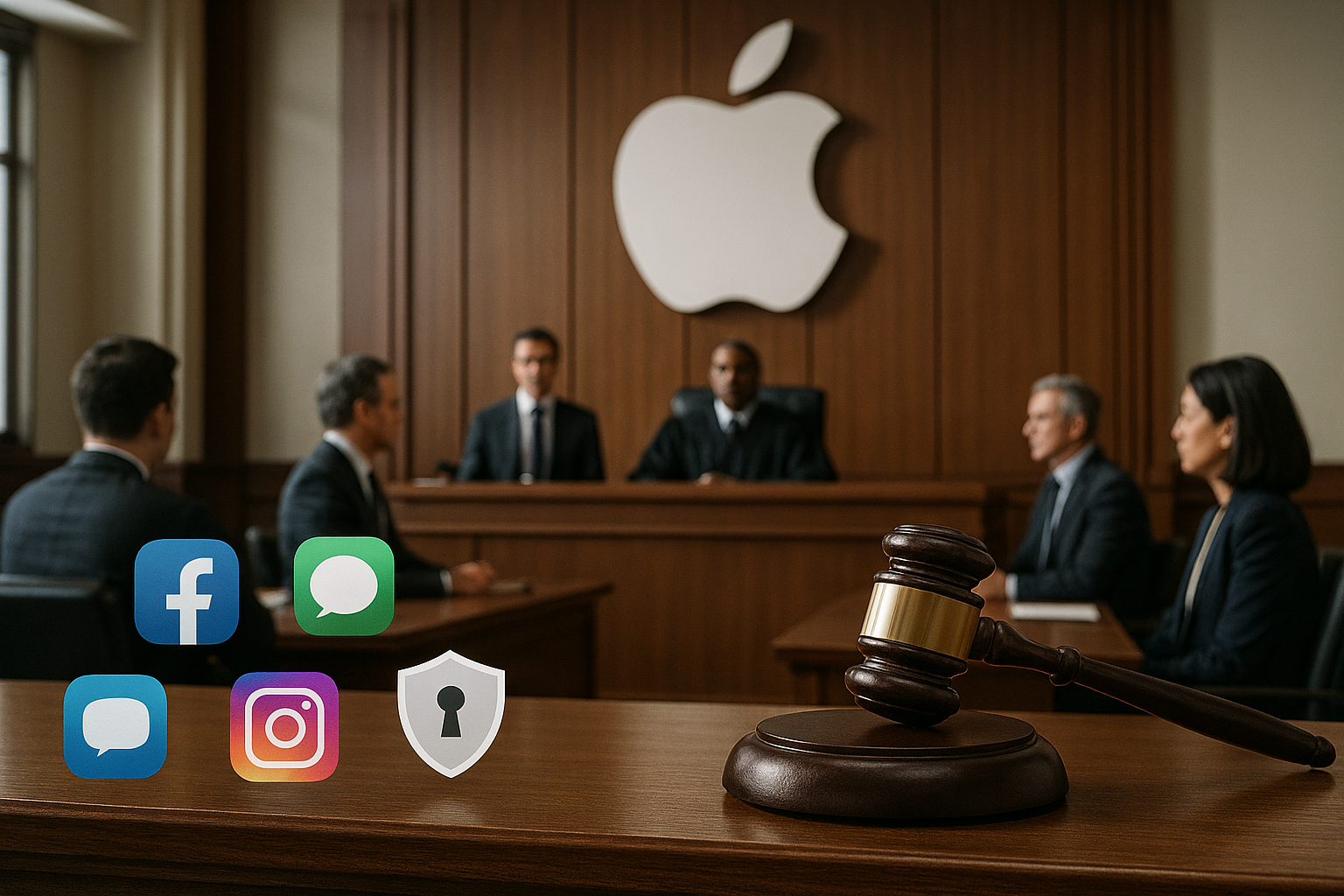Google Ordered to Pay $425 Million Over App Privacy Violation
Introduction
The Google app privacy verdict marks a turning point in data protection. On September 4, 2025, a federal jury in San Francisco ordered Google to pay $425 million. Jurors ruled that the company continued collecting app activity data even after users disabled the “Web & App Activity” setting. As a result, nearly 98 million accounts and 174 million devices were affected. The ruling highlights how courts now treat transparency and user control as critical obligations.
Overview of the Verdict
The lawsuit began in July 2020. It claimed Google violated its own privacy promises by gathering app data from third-party services even when users opted out. The jury found the company guilty of two out of three claims: invasion of privacy and intrusion upon seclusion. However, they decided there was no malicious intent. Therefore, the award was limited to $425 million without punitive damages.
Scope and Impact of the Case
The Google app privacy verdict affects millions of people. Nearly 98 million user accounts and 174 million devices fell under the class action. The case covered data collection from mid-2016 through late-2024. During that time, Google allegedly tracked app activity from services such as Uber, Venmo, and Instagram. Users believed they had stopped data sharing, yet the collection continued. Consequently, the court recognized a significant gap between user expectations and corporate practices.
Google’s Response and Defense
Google announced it will appeal the decision. The company argued the jury misunderstood how its systems work. Executives stated that privacy tools did respect user choices and that collected data was pseudonymous, encrypted, and stored separately. In addition, they insisted that users had consented. However, plaintiffs showed evidence that the actual practices did not match the privacy settings. This contradiction weakened Google’s defense and convinced the jury.
Broader Context of Google’s Privacy Battles
The verdict is not an isolated case. Earlier in 2025, Google agreed to pay $1.4 billion to settle a Texas lawsuit. That case involved claims of unauthorized tracking of voiceprints, facial data, and locations. In 2024, the company also promised to delete billions of data records tied to its “Incognito” browsing mode. Taken together, these outcomes show a trend: courts and regulators are increasingly unwilling to overlook privacy violations. Therefore, tech firms must adjust their policies or face more legal action.
What the Verdict Means for Consumers and Tech Firms
The Google app privacy verdict sends a clear signal. User settings must reflect what actually happens with data. Companies can no longer rely on complex policies or vague disclaimers. Instead, they must ensure transparency and accurate controls. For consumers, this case proves that toggles may not always protect their data. In addition, it shows that lawsuits and regulations are sometimes the only way to enforce digital rights. For tech companies, the ruling demonstrates that ignoring privacy can be costly in both money and trust.
Conclusion
In the end, the Google app privacy verdict is about far more than $425 million. It represents accountability, honesty, and the value of user trust. As Google pursues its appeal, other technology companies should take notice. Privacy settings must work as advertised, or the consequences will follow. For consumers, the lesson is to remain alert and understand how personal data is used. The cost of neglecting privacy is not only financial—it is a loss of trust that can reshape reputations and entire industries.




Comments are closed